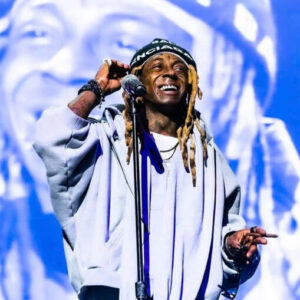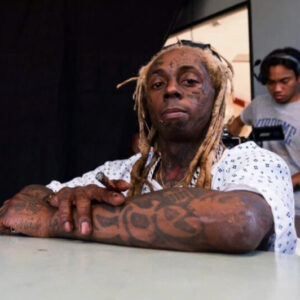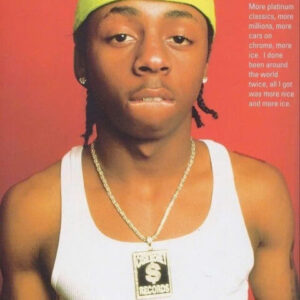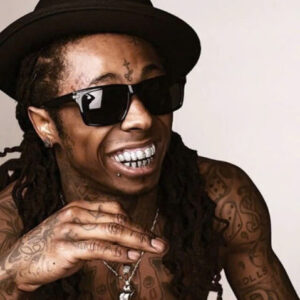In a revealing moment on Young Money Radio, Lil Wayne expressed his dismay over André 3000’s recent reflections on rapping at an older age. The Outkast legend, now 49, recently admitted that he sometimes feels “inauthentic” when rapping at his age, a sentiment that struck a chord with Lil Wayne, 42, who has long been a fixture in the hip-hop world.
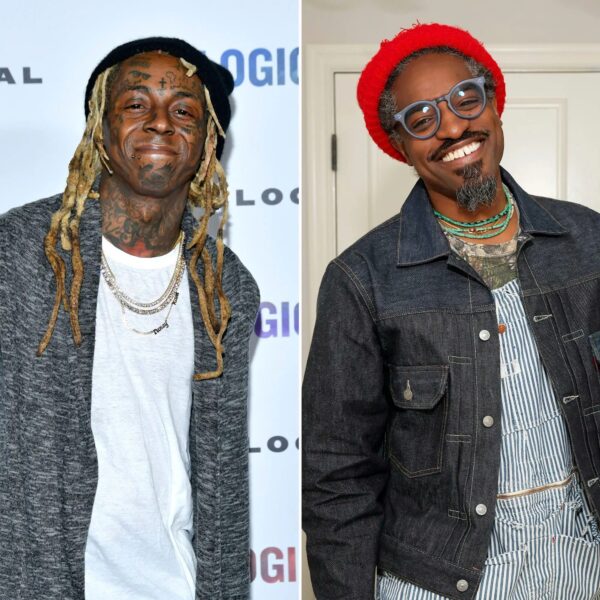
During a conversation with fellow rapper Tyga on the radio show, Wayne opened up about how André 3000’s comments resonated with him. “I read a depressing quote or two from someone that I respect a lot in hip-hop and music, period,” said Wayne, whose real name is Dwayne Michael Carter Jr. He was referencing André 3000’s statement when asked why he hadn’t been releasing new music: “What am I gonna talk about? I’m in my 40s. What am I supposed to talk about? What you want to know about me being 40 and the life I’m living at this age?”
For Wayne, the vulnerability in André 3000’s words hit home, sparking a reflection on the challenges faced by aging hip-hop artists. Wayne expressed concern that such a mindset could be a “downfall” for veterans in the industry, noting that maintaining authenticity and relevance while growing older can be difficult. Despite these struggles, Wayne shared how he navigates his own performances. “When I join verses and features, there’s a version of me that I ‘turn on,’” he explained. “Even though sometimes I don’t know what the hell goes on throughout the song.”
Wayne’s acknowledgment of André 3000’s candidness shines a light on a larger issue in hip-hop—how aging affects not just the physicality of performing but also the content and message behind the music. Unlike other genres, hip-hop has long been tied to the energy of youth, with topics often revolving around the hustle, street life, and the pursuit of success. As artists grow older, these themes can sometimes feel out of sync with their personal realities.
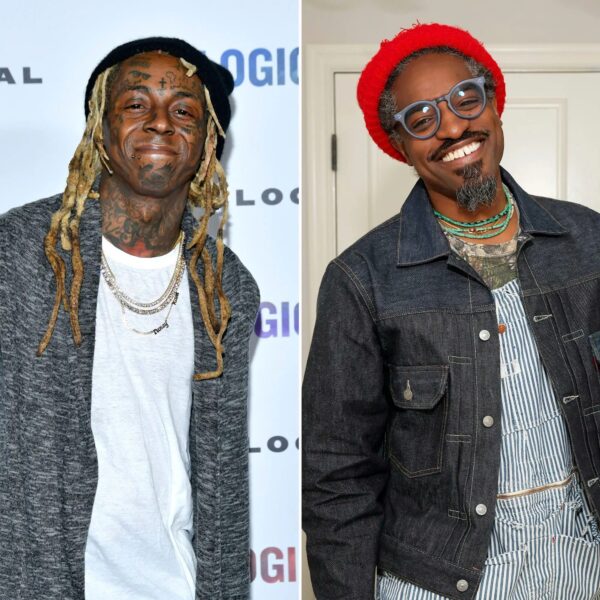
Yet, despite the melancholy tone of André 3000’s remarks, Lil Wayne remains optimistic about his own journey. “I don’t know that guy,” he said, referring to the version of himself that takes the stage or hits the booth. “I just know that he always comes through.”
In a genre that glorifies youth, Lil Wayne’s reflections are a testament to the pressures aging hip-hop artists face in staying relevant while staying true to themselves. As veterans like André 3000 and Wayne grapple with their legacies, they open the door for broader discussions on how hip-hop can evolve and adapt to its maturing stars.
